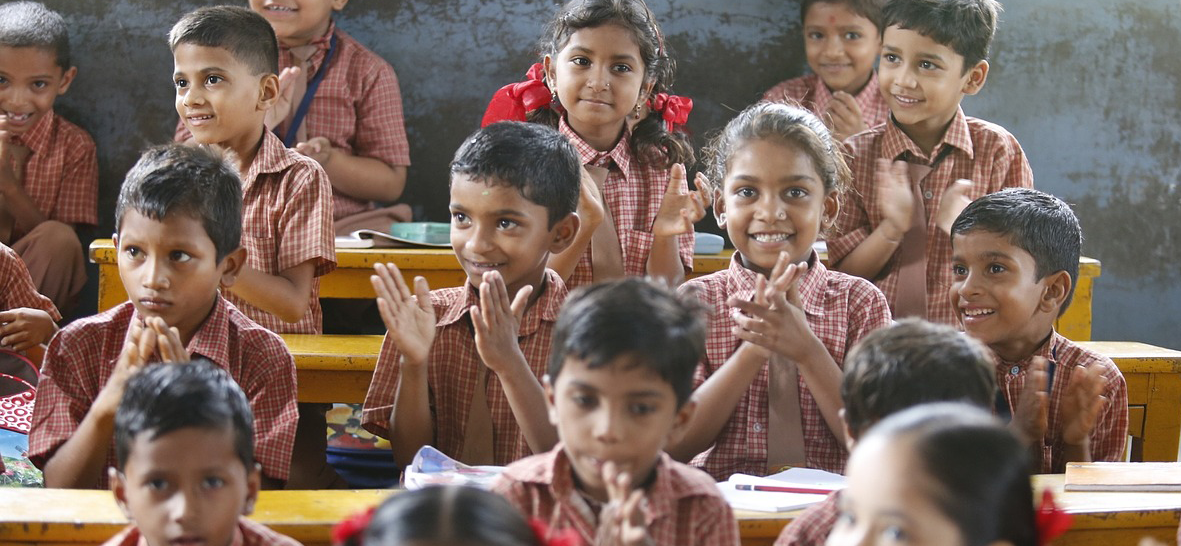
05 Jun The importance of being in the present moment – mindfulness in the classroom.
Many young people struggle with life events and growing up which can leave them in a heightened state of mental and emotional pre-occupation. This can be based on weakened attachment issues, traumatic life events, temperament types or experiencing difficult times. These issues can drive underlying negative perceptions and a pre-occupied mindset based in the past or an apprehension of the future.
Research suggests that this ongoing mental dialogue can occur at a rate of up to 1200 words a minute, which as imagined can impact on personal choices, and the ability to focus on the here and now which then impacts on learning.
When people are suspended in the upset of the past or in a ‘fortune telling’ perception of the future, they miss out on the ability to see what is happening around them now. By recognising small day to day things i.e. a welcoming smile, some positive feedback, the fact that you feel okay today or the deliciousness of your lunch can aid to support positive emotional and psychological well-being by grounding yourself in the present. Teaching children to be in the present and to notice the good that is around them can foster improved self-esteem, the development of resilience and an increased ability to learn.
Little actions that can help in a big way!
- When you engage with young people in a positive way, ask them how that act makes them feel as this grounds them in the present and connects them with the here and now which can lead to more reflective practice
- When giving positive feedback about work, behaviour or attitude, use more specific language rather than it being just being good, e.g. “I really like the way that you came in to the classroom today it was really mature”, or, “I really liked the way you just got on with your homework this evening”. This extended discourse reconnects the young person with the present
- If young people appear to be pre-occupied gently bring them into the present moment with a positive comment, or a question about their day ensuring that they are back in the moment
- Help young people understand the importance of taking time throughout the day to ground them in the moment. By modelling this behaviour in your lessons young people can learn to ‘smell the roses!’
Next time: The importance and benefits of direct, specific praise.


